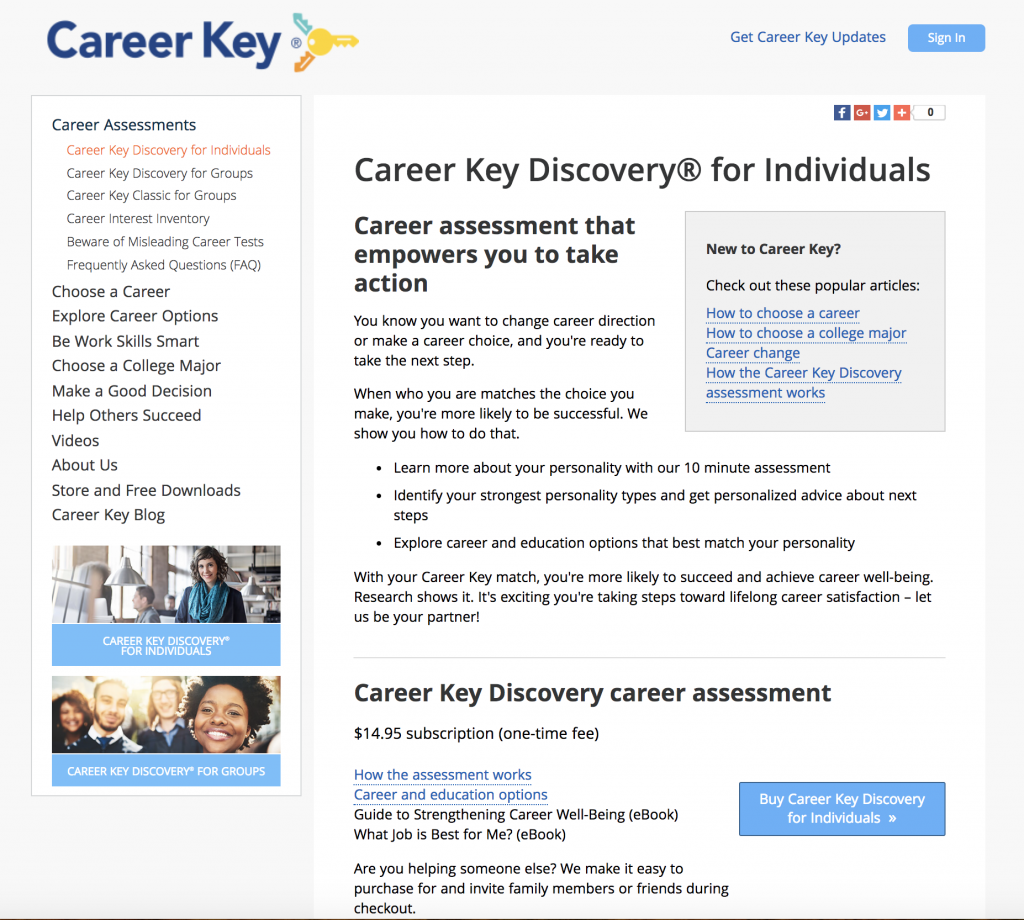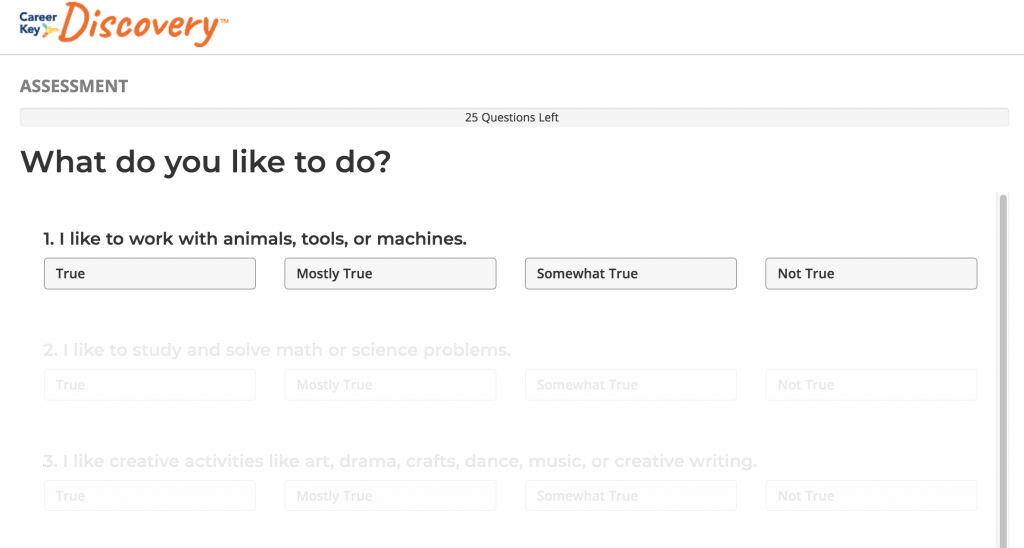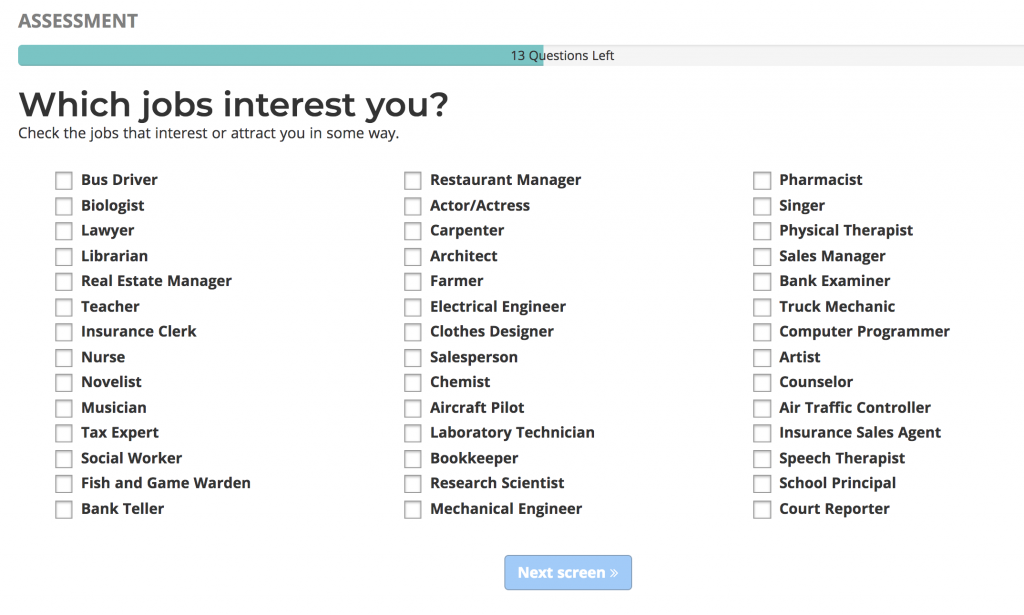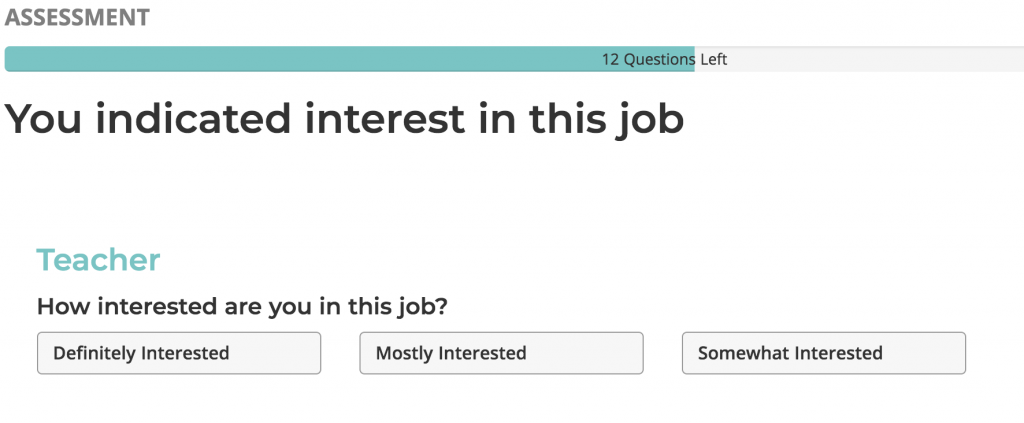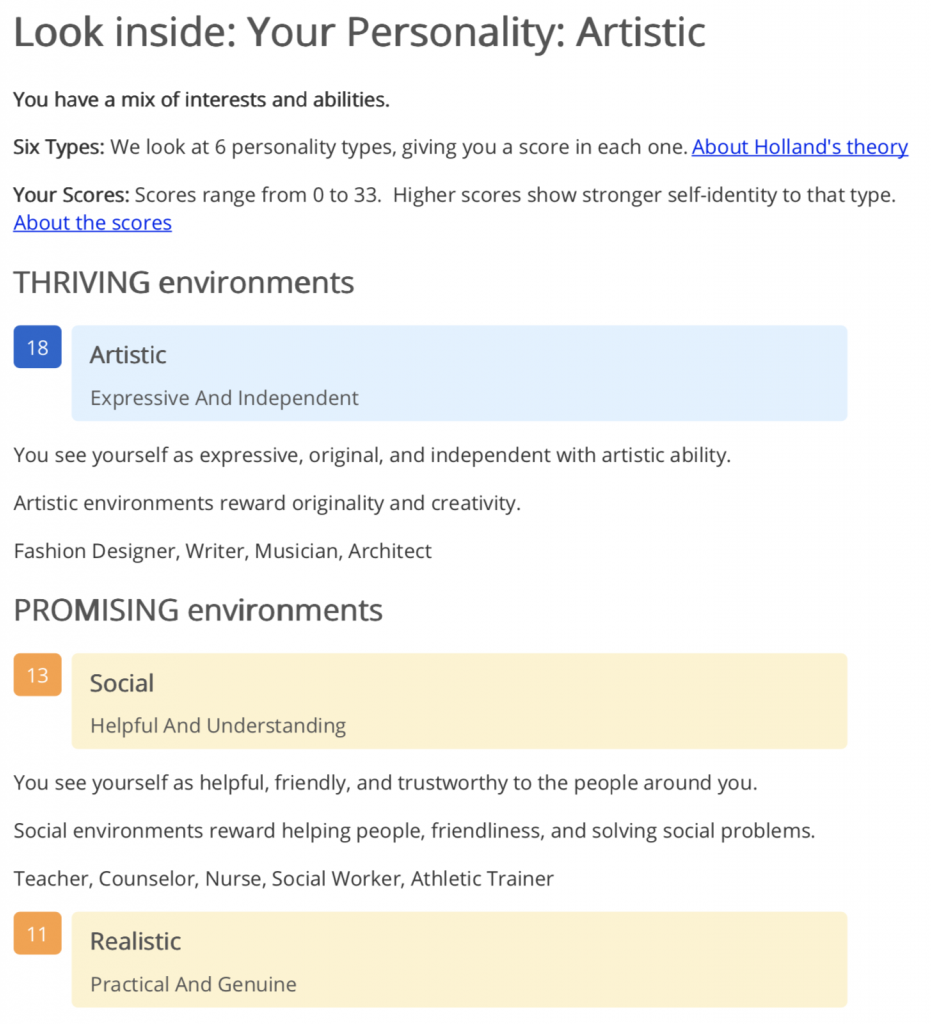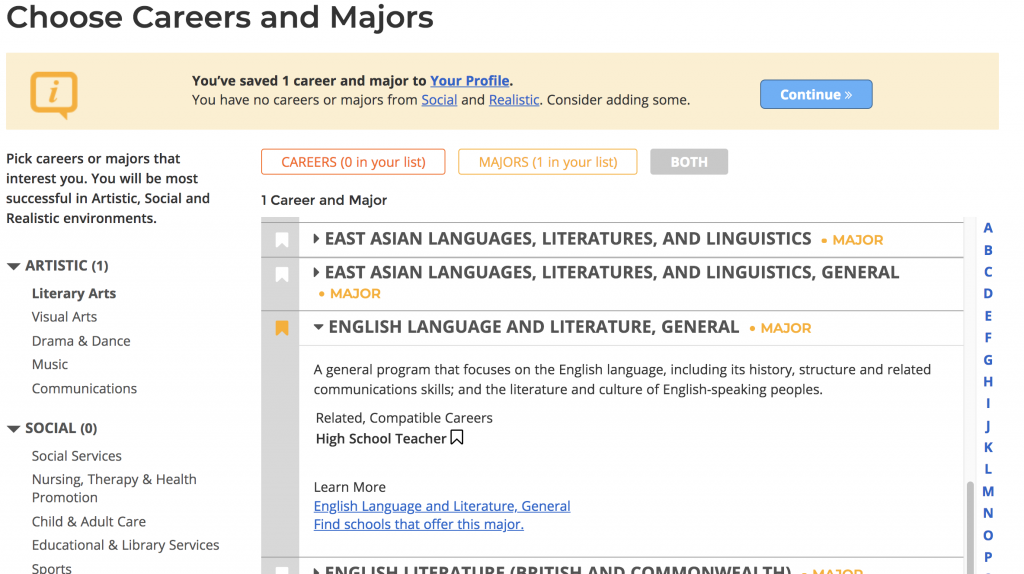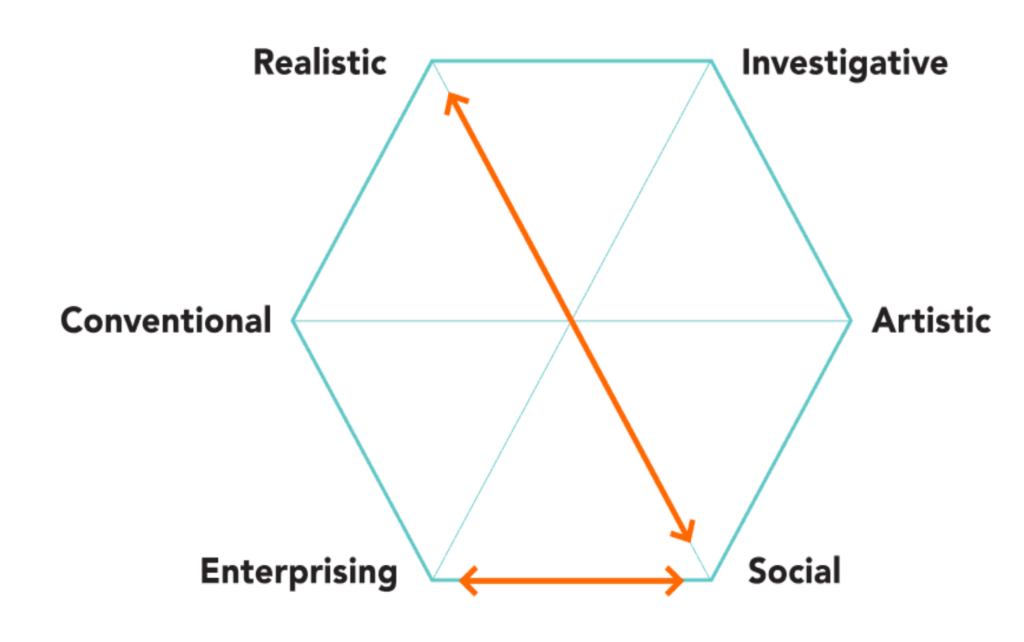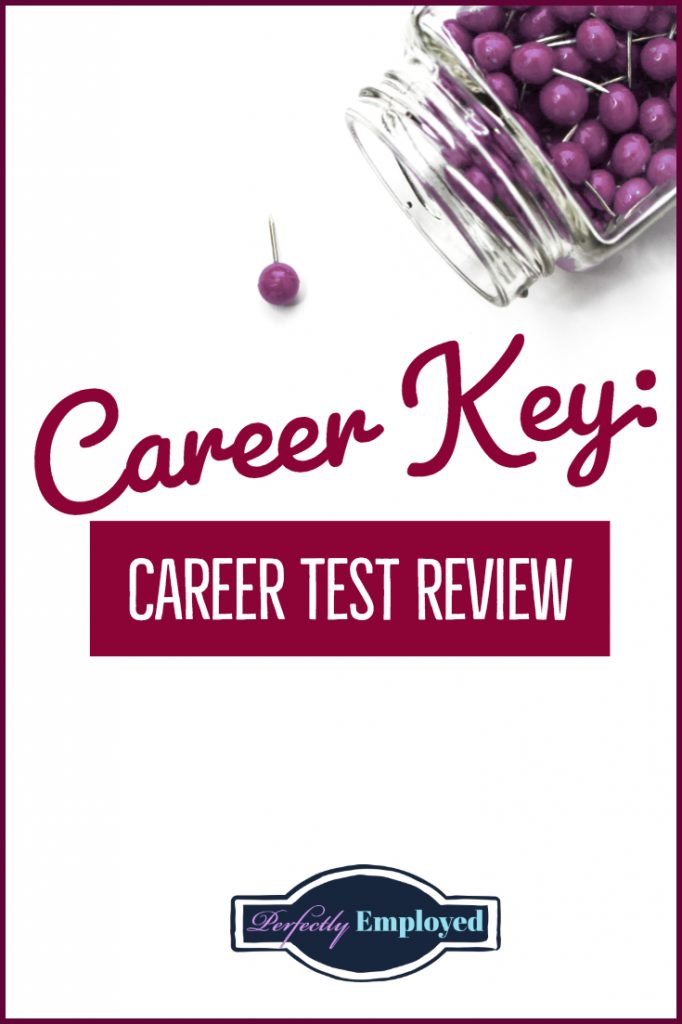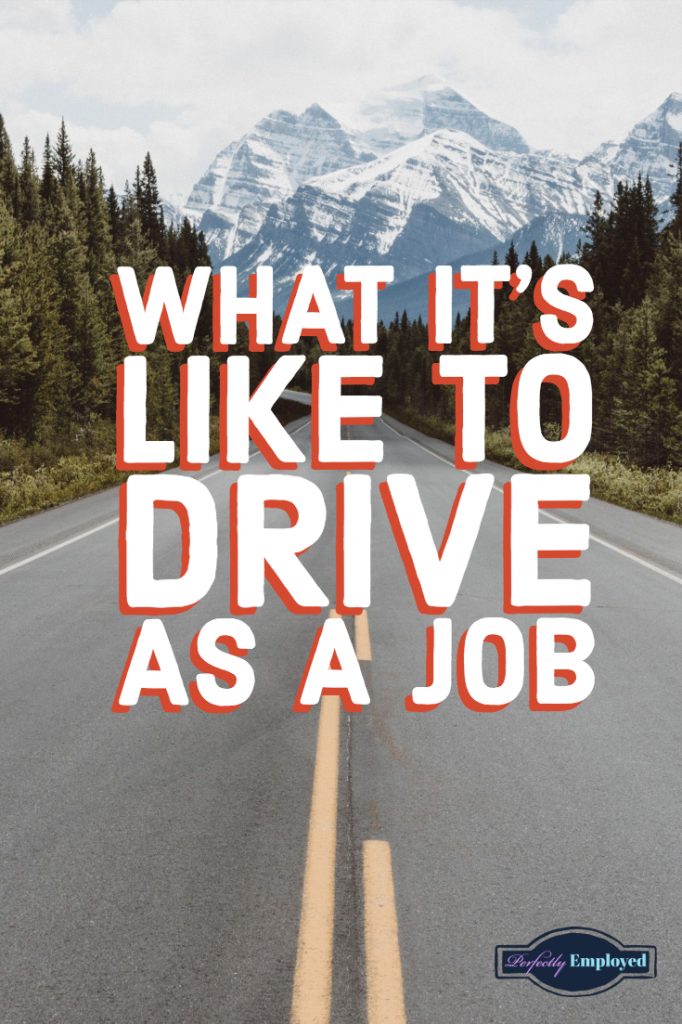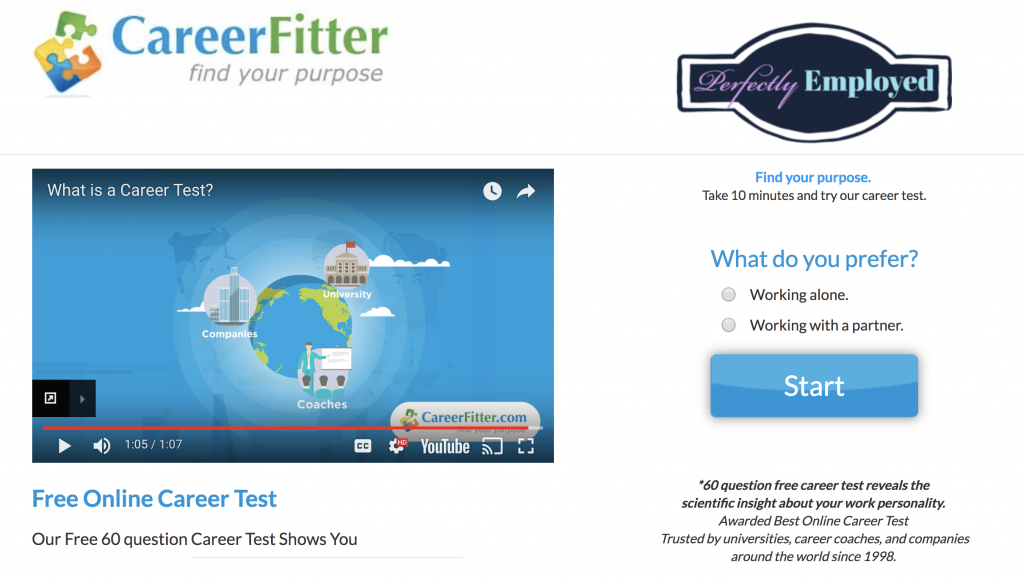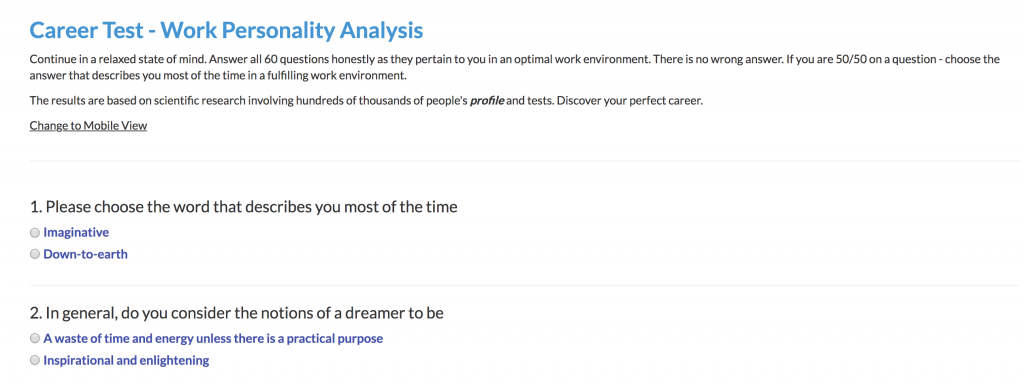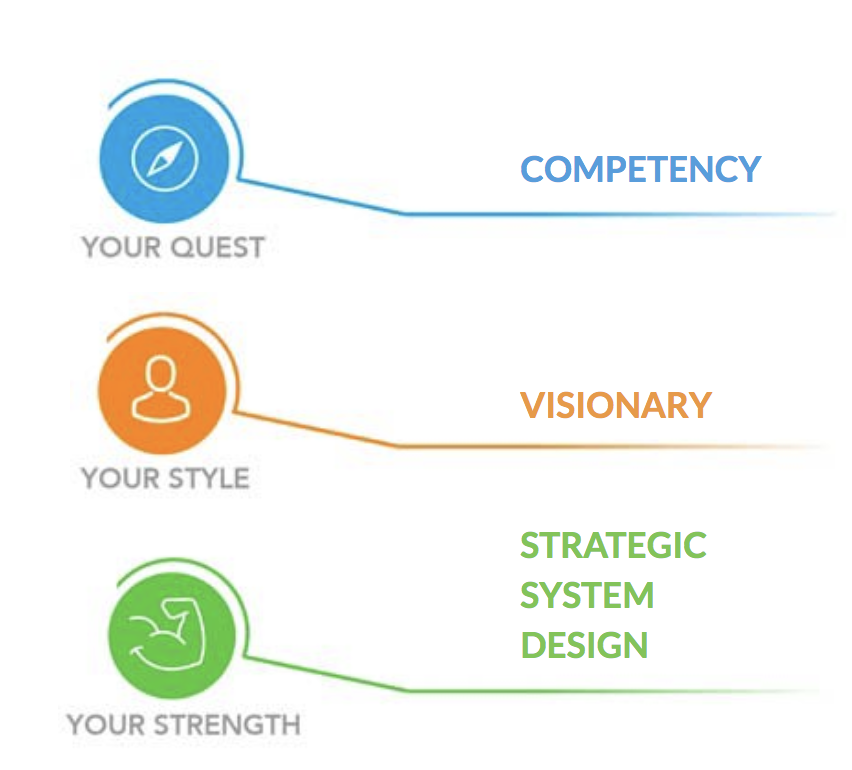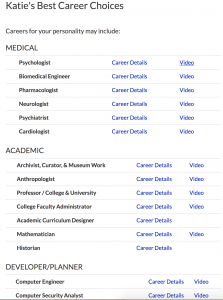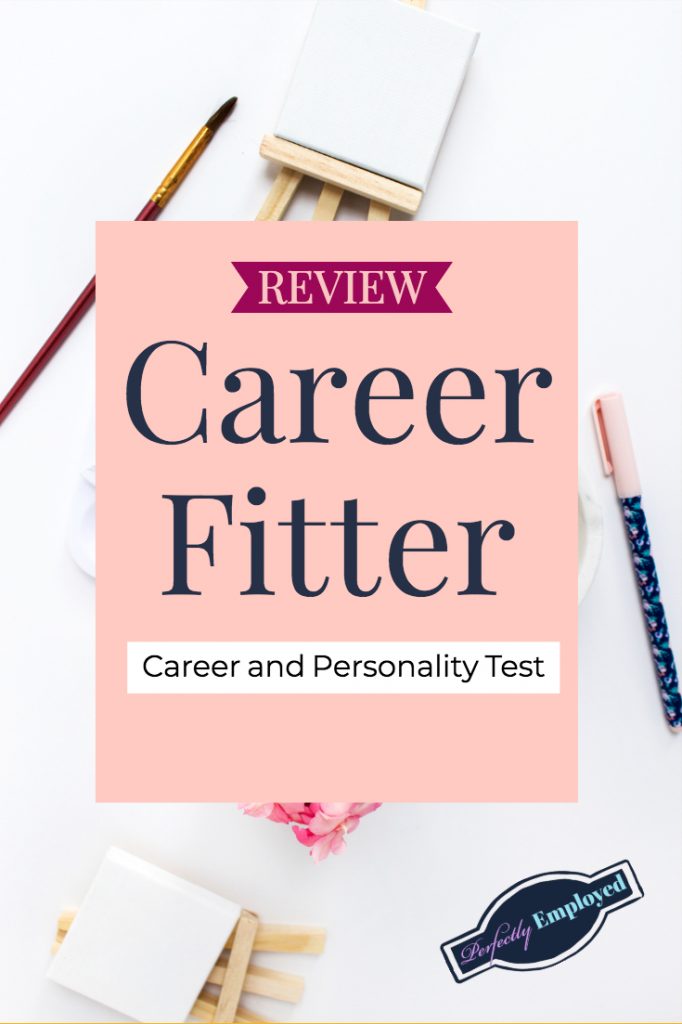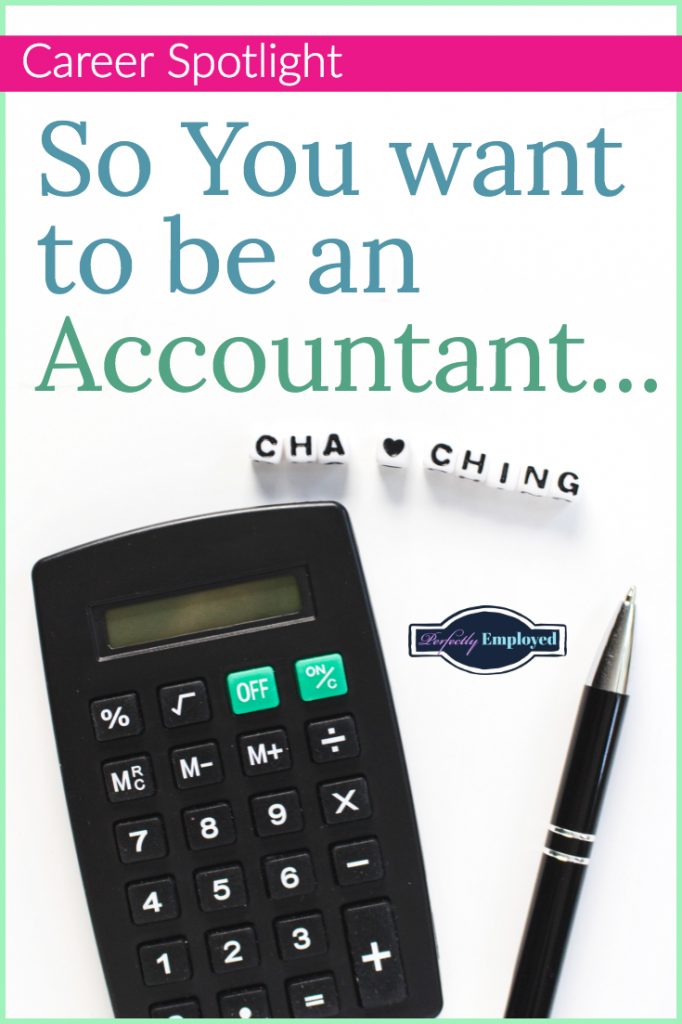
Isn’t it just a lit bit cruel, that so many youngsters are asked to effectively study for the career they want, when they haven’t even begun to live yet? As a result, many people end up in jobs that they’re not all that happy with, purely because they’ve changed so much from when they “chose their career” and by the time they actually begin it. Other people have no clue what they want to do, or even if they’ll ever have a job. But rest assured, there’s a job for everyone. Below, we take a look at some useful tips for ensuring you find the job that’s right for you, no matter whether you’re 22 or 42!
Try a Career Quiz
If you don’t know where to start in your hunt for the perfect career, try a career quiz like Career Fitter or Career Key. Career Fitter is one of our favorites because not only does it give you career suggestions, it gives you statistics, videos, and other helpful information about your career choices. It’s always our first suggestion when someone is stuck in their career path.
What Do You Like Talking About?
The usual job advice you get is that you should follow your passion. That’s not the worst advice in the world, but it can be a bit tricky to put into practice. For starters, there’s a level of wisdom needed to identify what your own passions are, and that wisdom is normally beyond most youngsters! So instead of identifying your “passions,” make a note of what subjects you always get fired up about when that conversation is steered that way. If you can talk about it for hours, it’s usually a pretty big sign that it’s one of your passions. From there, it’s all about looking for jobs around that interest.
Try Out Jobs
You don’t need to commit to just one career, and then set about finding work. You can “try jobs out,” so to speak. You might have an inkling that you’d like to work in the newspaper industry, but how could you know for sure unless you’ve lived in that world for a bit? Before saying “I want to be [X],” look at getting an internship in a related job for a while. It might confirm your dreams, or make you realize that it’s not for you. Also, don’t worry if you’re past the “usual age” for an intern – there’s no age barrier for these types of things, so don’t overthink it.
Work With Experts
You don’t have to battle through life alone. If you don’t know what you want to do and have no clue about how to go about finding the answer, then get help. There are experts who can help you find the right job for you no matter what circumstances you’re in. If you’re just looking for advice, then speak with a careers advisor. If you’re struggling to figure out what you can do because of a physical injury or disability, then contact disability employment services. It’s possible that there are many more options for you than you previously realized. Alternatively, you could also speak to a mentor, if you have one in your life. If you trust them and they know you, then they’ll steer you in the right direction.
Think Outside the Box
When we’re growing up, we tend to think that there are only a set number of jobs out there. All of them seem to take place in an office or otherwise corporate environment! But this isn’t true. While the bulk of work might be office-based, the economy doesn’t run on corporations alone. There are thousands upon thousands of jobs that need to be done, and the majority you won’t have heard of. So think outside the box. You might just end up with a job that’s way more interesting than anything you might have fallen into if you pursued office work.
Avoid the Big Decisions
If you’re really unsure about the work you want to do, then you’ll be well-served by avoiding any big decisions and commitments. There’s no law that says you have to pick just one career! Instead, why not job-hop a little? You’ll be trying out a host of different jobs. In time, you’ll have a better understanding of the industries and tasks that you like.
Related Posts
It’s Never Too Late to Change
Of all the lessons to take from this article, make it this: it’s never too late to change your job. You might feel obliged to stay in a profession because you’ve built up so much time there, but don’t be. You’re free to do whatever you want, at all times. It’s possible that we’re not supposed to stay in the same job for years on end as it is anyway – so mix it up if it doesn’t feel right anymore.
Save to Pinterest







